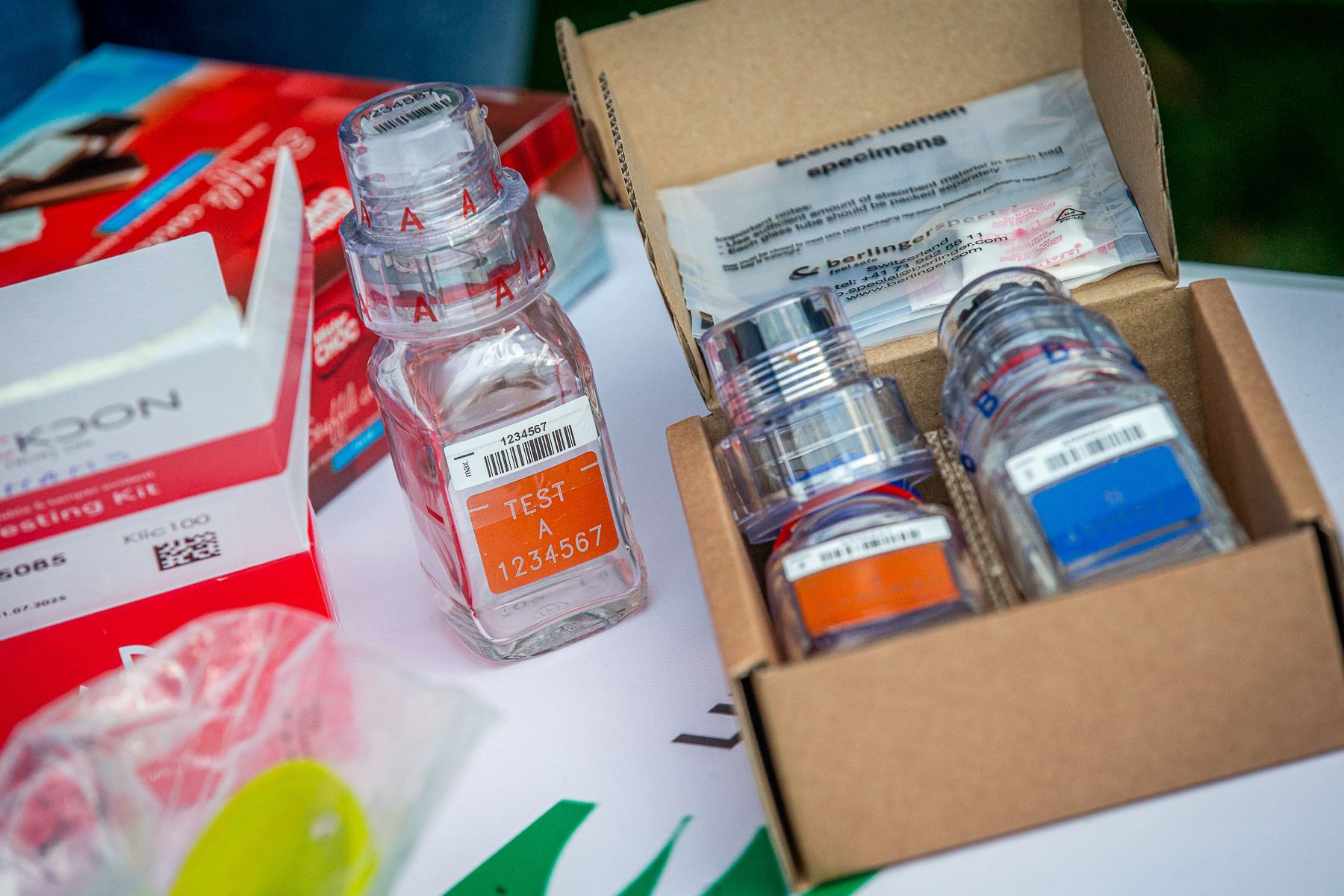Russian Anti-Doping Agency on:
[Wikipedia]
[Google]
[Amazon]
The Russian Anti-Doping Agency (RUSADA; ), established in January 2008, is the Russian National Anti-Doping Organisation (NADO), affiliated with (but suspended from, since 2015) the
 Following allegations made by German broadcaster ARD in 2014, WADA commissioned a report into doping and associated corruption in Russian athletics. The report, published in November 2015, was highly critical of RUSADA and the
Following allegations made by German broadcaster ARD in 2014, WADA commissioned a report into doping and associated corruption in Russian athletics. The report, published in November 2015, was highly critical of RUSADA and the
/ref>
World Anti-Doping Agency
The World Anti-Doping Agency (WADA; , AMA) is an international organization co-founded by the governments of over 140 nations along with the International Olympic Committee based in Canada to promote, coordinate, and monitor the fight against d ...
(WADA).
History
It was established under the rules of theUNESCO
The United Nations Educational, Scientific and Cultural Organization (UNESCO ) is a List of specialized agencies of the United Nations, specialized agency of the United Nations (UN) with the aim of promoting world peace and International secur ...
International Convention against Doping in Sport approved at the 33rd UNESCO General Conference on 19 October 2005, and ratified by the Russian Federation on 26 December 2006. As the Russian NADO, the organization operates the anti-doping programs for Russian Olympic and Paralympic sport.
The organization's WADA accreditation, which under normal circumstances would have been valid until 2017, is currently suspended due to compliance issues discussed below.
The agency website claims they are an organization independent from the Russian government.
The Acting Director-General of RUSADA, since at least October 2020, is Mikhail Bukhanov.
ARAF doping allegations
 Following allegations made by German broadcaster ARD in 2014, WADA commissioned a report into doping and associated corruption in Russian athletics. The report, published in November 2015, was highly critical of RUSADA and the
Following allegations made by German broadcaster ARD in 2014, WADA commissioned a report into doping and associated corruption in Russian athletics. The report, published in November 2015, was highly critical of RUSADA and the All-Russia Athletic Federation
The Russian Athletics Federation (RAF), previously named the All-Russia Athletic Federation (ARAF; ), is the governing body for the sport of athletics in Russia. Its president is Dmitry Shlyakhtin.
World Athletics suspended the Russian Athletics ...
(ARAF), as well as singling out several individuals for doping offences. It concluded that RUSADA was under improper influence from the Russian Ministry of Sport. They further alleged that the agency and its employees athletes gave advance notice of tests to athletes and "routinely" took bribes to cover up doping.
On 18 November 2015, WADA suspended the Moscow Anti-Doping Laboratory, a laboratory of RUSADA; however the organization was not dissolved and tests are to be done by other independent labs.
In February 2016, two high-ranking directors of the organisationŌĆöVyacheslav Sinyev and Nikita KamayevŌĆödied. According to ''The Sunday Times
''The Sunday Times'' is a British Sunday newspaper whose circulation makes it the largest in Britain's quality press market category. It was founded in 1821 as ''The New Observer''. It is published by Times Newspapers Ltd, a subsidiary of N ...
'', Kamayev approached the news agency shortly before his death planning to publish a book on "the true story of sport pharmacology and doping in Russia since 1987".
2016 McLaren Report
On 18 July 2016, Richard McLaren, a WADA-appointed investigator, published a 97-page report covering significant state-sponsored doping in Russia. It concluded that it was shown "beyond a reasonable doubt" that the RUSADA, theMinistry of Sport
A ministry of sports or ministry of youth and sports is a kind of government ministry found in certain countries with responsibility for the regulation of sports, particularly those participated in by young people. It is led by the minister of s ...
, the Federal Security Service
The Federal Security Service of the Russian Federation żąĪąæ, ążąĪąæ ąĀąŠčüčüąĖąĖ (FSB) is the principal security agency of Russia and the main successor agency to the Soviet Union's KGB; its immediate predecessor was the Federal Counterin ...
(FSB) and the Centre of Sports Preparation of the National Teams of Russia had "operated for the protection of doped Russian athletes" within a "state-directed failsafe system" using "the disappearing positive estmethodology." According to the McLaren report, the Disappearing Positive Methodology operated from "at least late 2011 to August 2015." It was used on 643 positive samples, a number that the authors consider "only a minimum" due to limited access to Russian records.
In response to these findings, WADA announced that RUSADA should be regarded as non-compliant with respect to the World Anti-Doping Code and recommended that Russian athletes be banned from competing at the 2016 Summer Olympics
The 2016 Summer Olympics (), officially the Games of the XXXI Olympiad () and officially branded as Rio 2016, were an international multi-sport event held from 5 to 21 August 2016 in Rio de Janeiro, Brazil, with preliminary events i ...
.
On 18 May 2018, WADA said that the RUSADA suspension will remain in place until they make progress towards full compliance. Four months later, on 20 September 2018, the suspension was lifted by WADA."Wada lifts Russia's three-year doping suspension and faces its biggest crisis". By Sean Ingle. The Guardian. Sept 20, 2018/ref>
References
{{Doping in Russia Anti-doping organizations Anti-Doping Doping in Russia Organizations established in 2008 2008 establishments in Russia